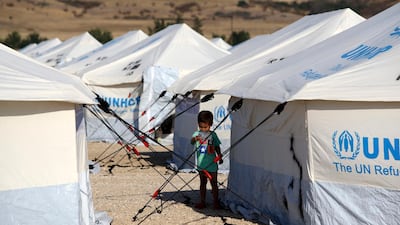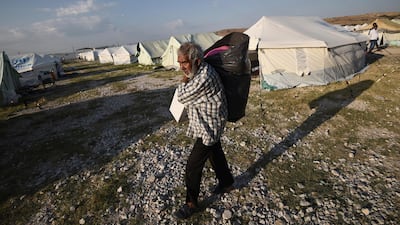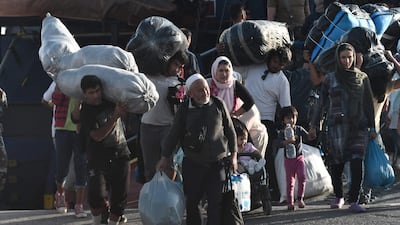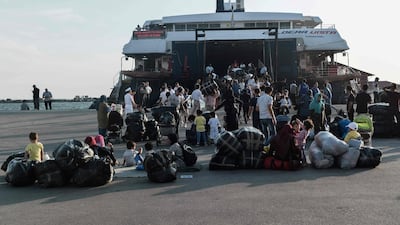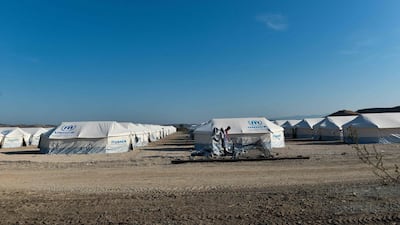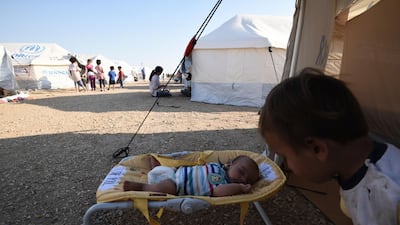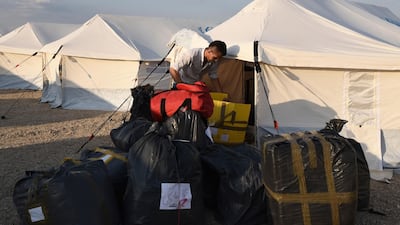Dozens of families on the Greek island of Lesbos have urged their fellow residents to open their doors to thousands of refugees and migrants suffering in desperate, freezing conditions.
There are fears for those living in and outside camps on Lesbos – where around 7,500 asylum seekers are believed to be staying – amid one of the coldest winters in recent years. In the Kara Tepe camp, many are sleeping on the ground with around 40 per cent of its population reported to be children.
Some local people said they would be willing to provide refuge, while also criticising the Greek government’s migration policy and calling on local authorities to find a way forward.
In an open letter read out in Greece’s parliament by Giannis Varoufakis, a former finance minister and leader of opposition political party MERA25, the families called for greater support for migrants.
“There are citizens here who want to help their fellow human beings and open their own homes. Answer them if they can do it and if not, why,” the letter reads.
It also criticised the images published of the area by the government showing beautiful summer scenes that hide the reality of the situation for those in the camps of mud, dirty water and cold.
"We will not talk about the hundreds of municipal and state buildings that are closed and that could be used so that these people do not suffer. We will not talk about the hundreds of church premises that are locked and left rotting,” the letter reads.
“These places are not even open for Greeks who are also suffering … And we will not discuss the containers at Kara Tepe, which have been sealed instead of holding families in the warmth, and we won't mention the PIKPA camp which was recently closed down by force – a place that hosted the vulnerable."
Addressing parliament, Mr Varoufakis said there were around 50 families who had offered to house refugees for three to four weeks. He described the conditions of the camps as “tragic, inhuman and degrading”.
Lesbos' squalid Moria migrant camp was devastated by two fires in September.
It has since been replaced by a hastily-erected temporary camp in an area prone to flooding and strong winds.
